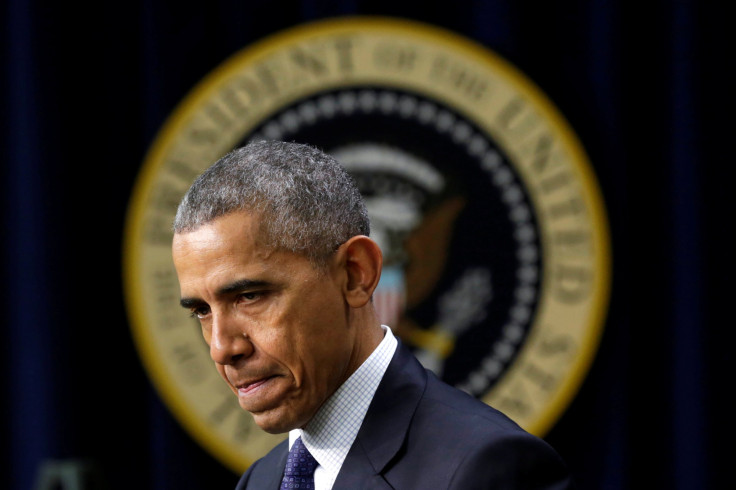What Will Obama Do Next? After White House, President Plans On Influencing Future Leaders

When President Barack Obama leaves the White House to become a private citizen next month, he will be one of the youngest men to do so in the history of the United States. With the potential for a long post-presidency, many have speculated about what he’ll do with his time. Questions surrounding his future include whether he will buck recent tradition of taking a step away from the political realm — at least visibly — or continue to leverage his power and good standing in the public eye to influence the future of his Democratic Party.
Obama, in a Monday interview with NPR, said that he was leaning toward the latter. Instead of taking a step back and letting his party figure out how to move ahead on its own, Obama said he wants to help to develop a new generation of leaders to move the party forward.
“There are such incredible young people who not only worked on my campaign, but I've seen in advocacy groups,” Obama said.
Obama said he’s seen inspiration from young people who have spoken out on issues ranging from climate change, criminal justice or a livable wage. He would use “whatever resources, credibility, spotlight that I can bring to help them rise up,” the president said.
“That's part of what makes me optimistic about our future because I know those young people are out there ready to lead,” he said, “and when they start moving into more and more positions of authority, then I think the issues that I care most deeply about are going to be well served."
This isn’t the first time that Obama has indicated an interest in continuing to shape politics for some time to come. He said in October he was planning on focusing much of his attention to an umbrella group headed by former Attorney General Eric Holder. That group, the National Democratic Redistricting Committee, was developed with consultation from the White House and takes aim at Republican gerrymandering that has left Democrats at a disadvantage in statehouses across the country and in the House of Representatives.
© Copyright IBTimes 2024. All rights reserved.






















